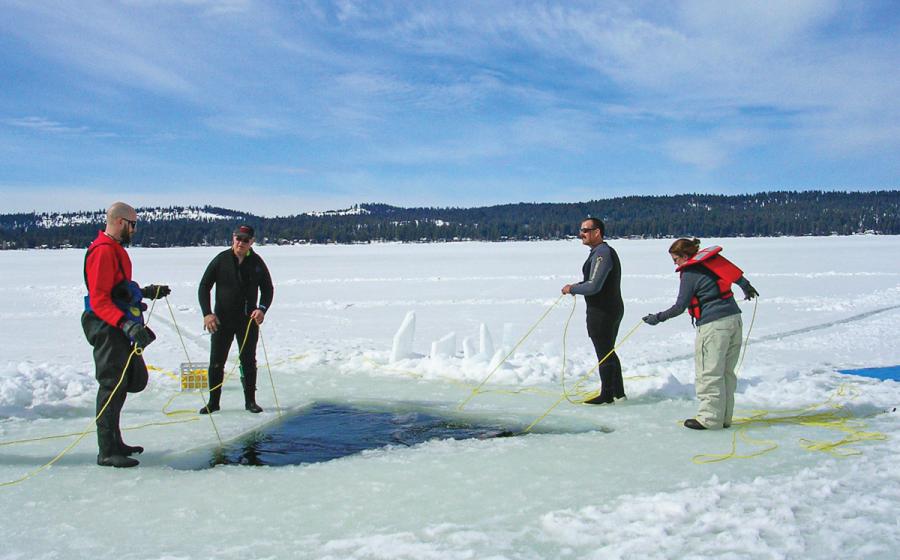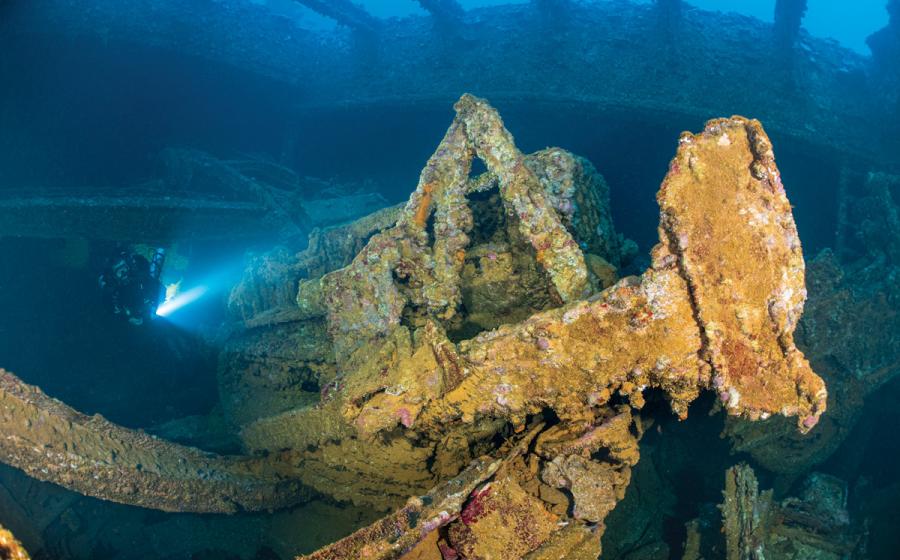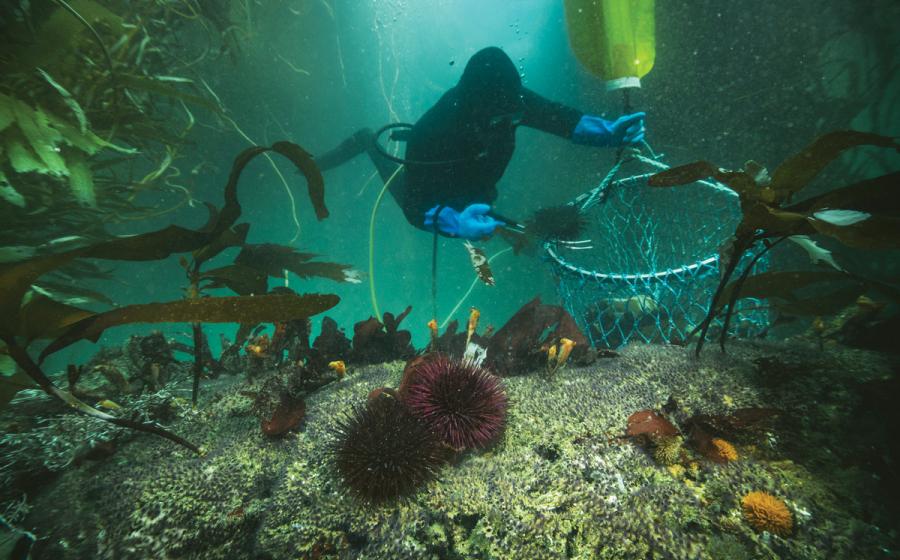Seeing Ghosts: ‘Very Rare’ Baby Shark Found in New Zealand
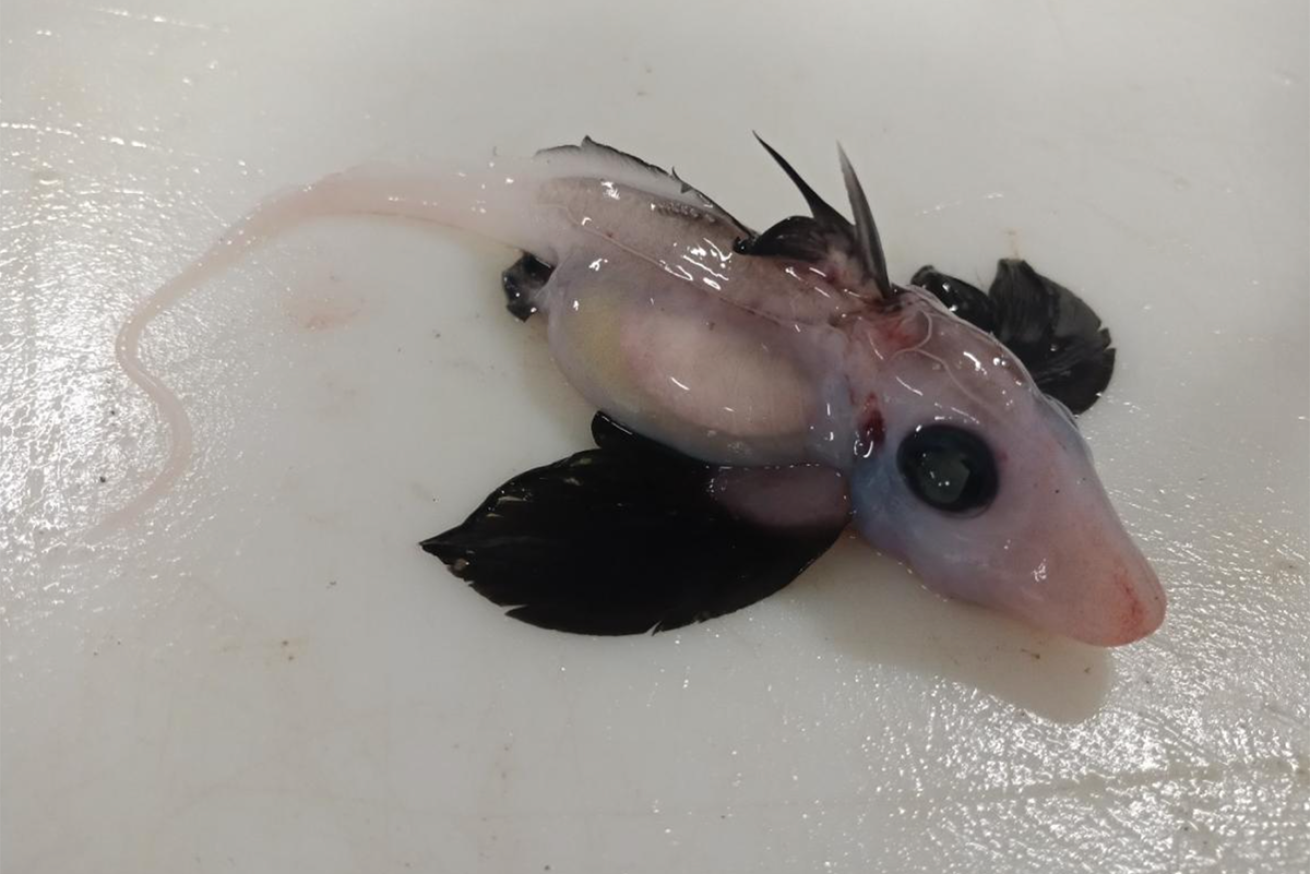
Brit FinucciGhost sharks actually a boneless fish known by scientists as chimaeras that are closely related to sharks and rays.
Scientists from the National Institute of Water and Atmospheric Research in New Zealand have found something that left them “thrilled”– a newly-hatched ghost shark.
Ghost sharks—which are actually boneless fish—have cartilaginous bodies and are closely related to sharks and rays. Scientifically, they’re known as chimaeras. Other names include rat fish, spook fish and rabbit fish, the Shark Trust reports.
Very little is known about ghost sharks because they are a deep water animal that is rarely seen. They live in the ocean’s twilight zone, at depths up to 6,000 feet. Scientists don’t yet know how long chimaeras live and how often they reproduce, the New York Times reported. This lack of critical knowledge makes monitoring populations and conservation efforts challenging.
“We don't actually know a lot about ghost sharks,” Dr. Brit Finucci, a fisheries scientist on the discovery team, tells CNN. “What we do know mostly comes from adult specimens. So it's very rare and very uncommon to find juveniles of a lot of these species, so that's why I got quite excited."
The newborn was found in water roughly 3,900 feet deep on the Chatham Rise, a swath of the ocean floor east of New Zealand covering more than 600 miles, when it got caught as bycatch in the researchers’ trawl to assess commercial fish stock.
Female chimeras lay their egg capsules on sandy seafloor or muddy seabed. Embryos grow inside these castings and feed off the yolk until they are ready to hatch. This process could take between 6 to 12 months, depending on the species, Smithsonian Magazine reported. Finucci believes their specimen was only a couple of days old and that it had just hatched prior to being caught. It had a “belly full of yolk” and an “umbilical scar,” she observed.
Finucci and her team believe their finding could fill some “biology gaps” because juveniles and adults differ in habitat, diet and appearance. Genetic sampling results will confirm the exact species of ghost shark and could even reveal if it is a new species.
There are roughly 52 known species of chimaera, and many more could be undiscovered, Smithsonian Magazine reported. In a 2020 Fish and Fisheries study, Finucci and her team estimated that 16 percent of all ghost shark species are threatened or near-threatened. Fifteen percent of ghost shark species are “so understudied,” says Finucci, that many species could go extinct before they are even discovered or studied.

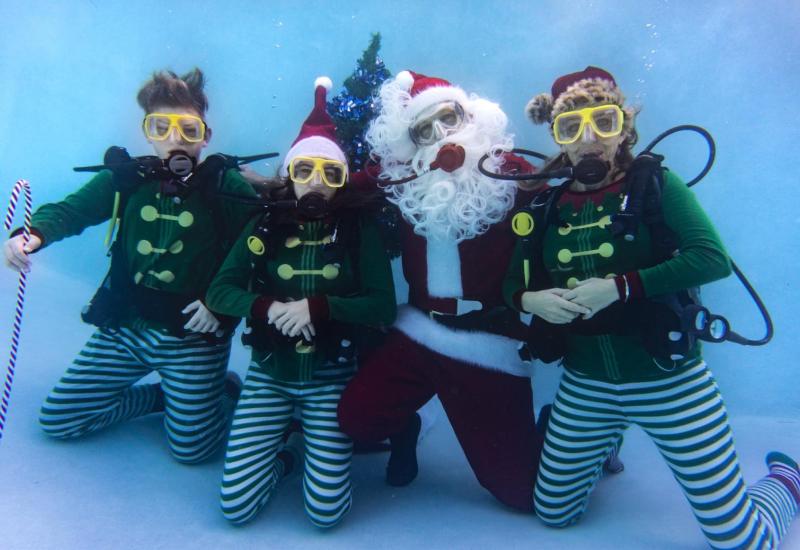

.png?itok=wW_XQefZ)



